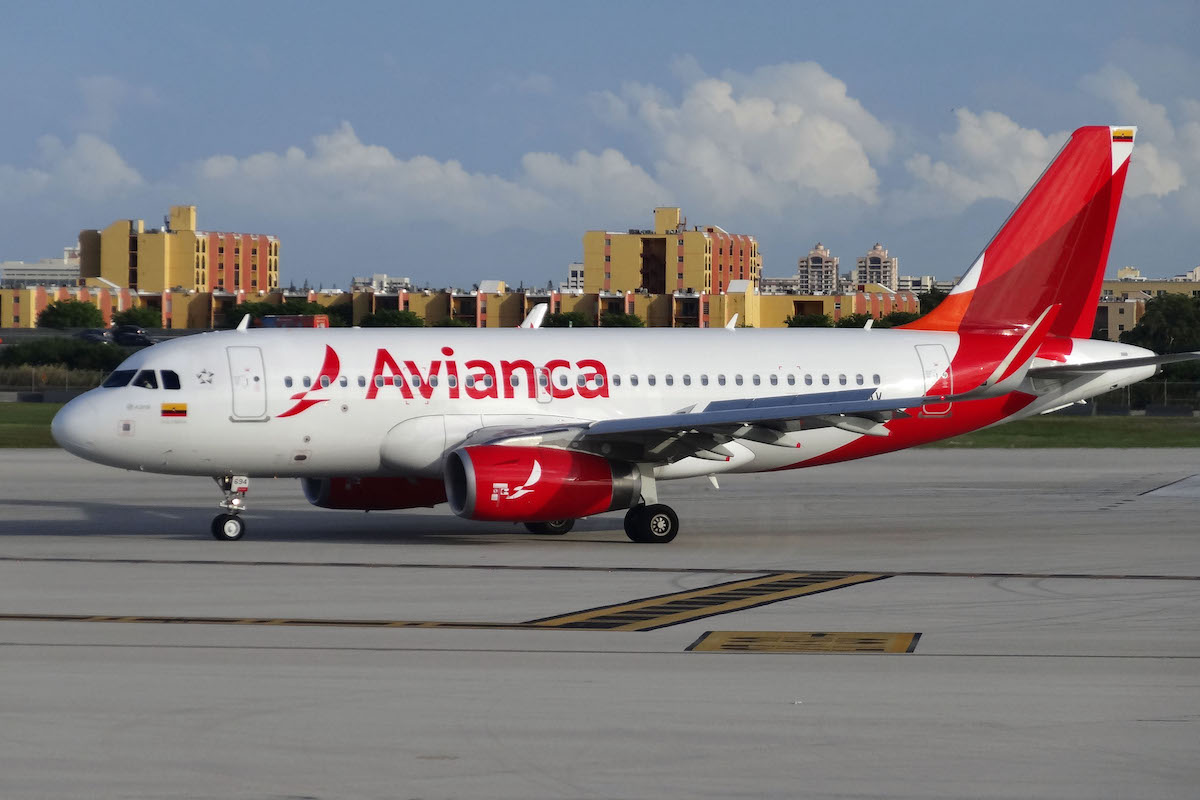Avianca and Gol Merger to Create Broad South American Airline Group

Skift Take
Two of South America's largest airlines, Avianca and Gol, plan to combine to create a European-style aviation holding company to dominate air travel in Latin America.
The new group, Abra, would own Avianca, Gol, and Viva Air outright, as well as a minority share of Chile's Sky Airline under the plan unveiled on Wednesday. Abra would rival Latam Airlines Group, currently Latin America's largest, in the market but break with its competitor's single-brand strategy by maintaining — for now — each airline subsidiary's independent management and branding.
The Abra announcement comes less than two weeks after Avianca and Viva announced plans to merge while continuing to operate as separate airlines.
"Ab
